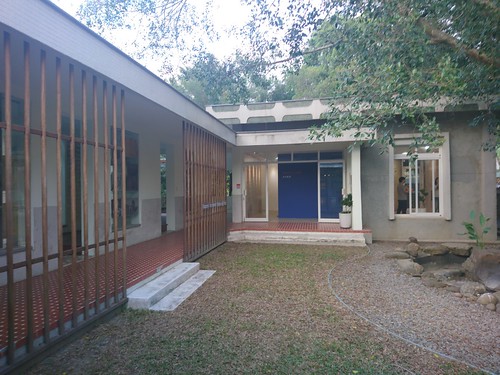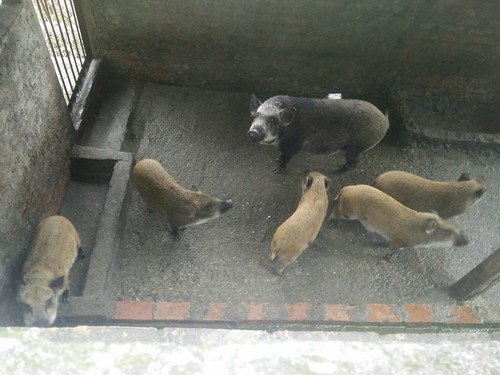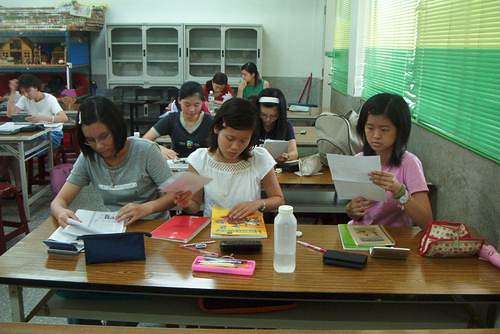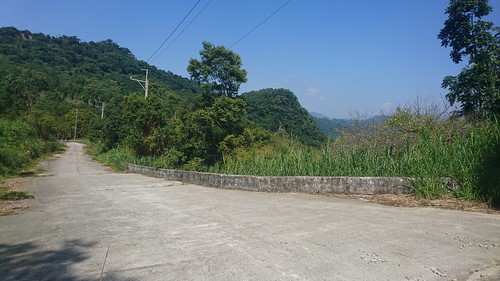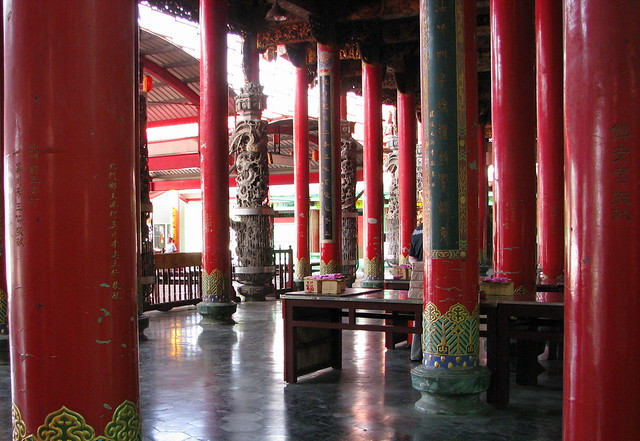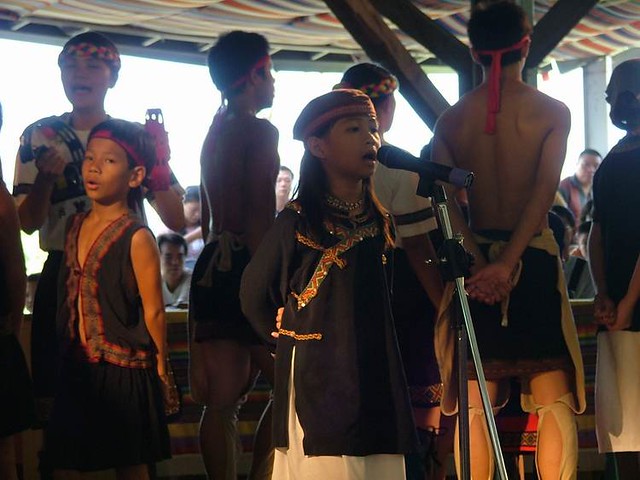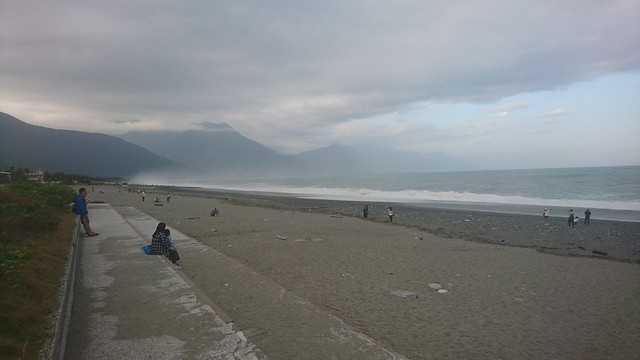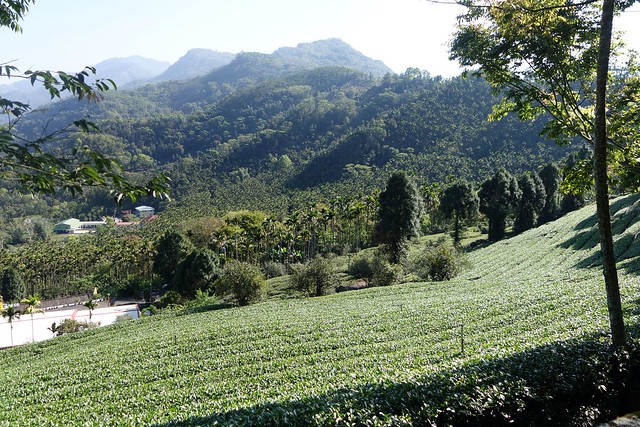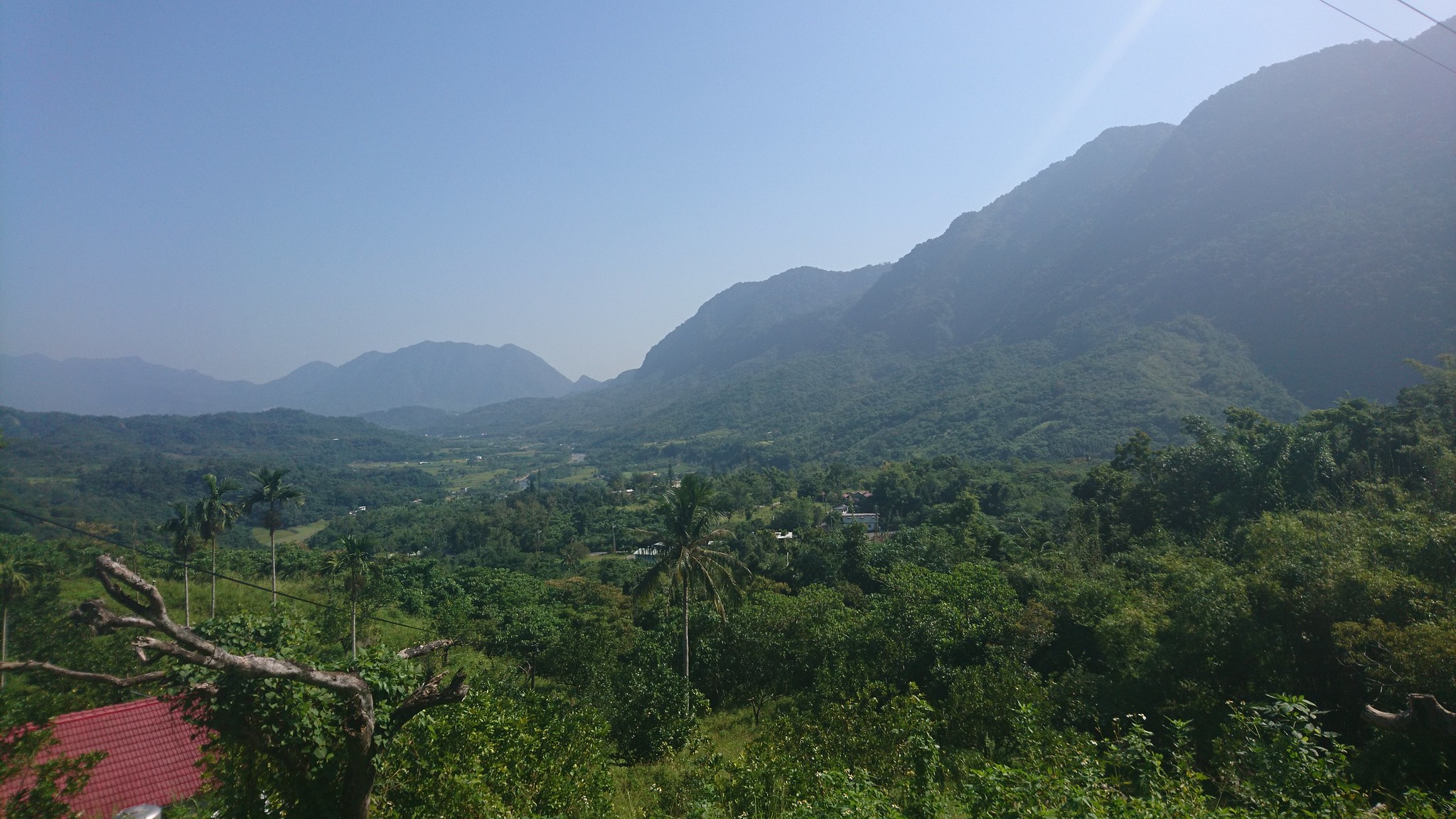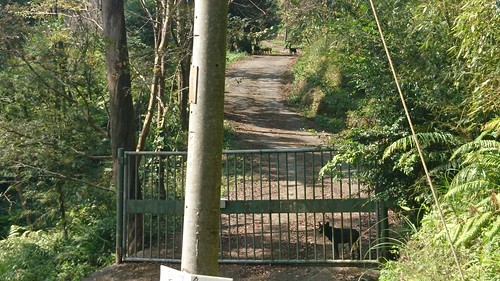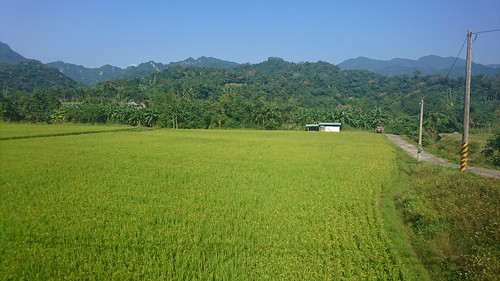Lee Ming-che, the Taiwanese democracy activist who was detained in China, has been given a five year sentence after his show trial earlier this year. The Guardian observes:
A court in China has sentenced a Taiwanese democracy activist to five years in prison on subversion charges in a case that has strained relations between Beijing and Taipei.AFP turned out an outstanding report on the sentencing, themed on human rights and democracy:
Lee Ming-cheh sat silently as a judge read the sentence, accusing him of disseminating articles, books and videos critical of China’s Communist system in an attempt to foment a “western colour revolution”.
Taiwan’s presidential office called the verdict “unacceptable”, adding: “We urge the Beijing authorities to release Lee and allow him to return to Taiwan soon. We regret that Lee’s case has seriously damaged cross-strait relations”.
His wife, Lee Ching-yu, who attended the sentencing, said her husband had "paid the price" for his ideals.The NYTimes also turned out a sympathetic and detailed report.
"Fighting for human rights for the disadvantaged is a commitment that must be made to push for the enhancement of human civilisation... I want to express again that I am proud of his dedication," she said in a statement.
Amnesty International East Asia research director Roseann Rife called for Lee to be "immediately and unconditionally released", saying he had committed no crime.
"Lee Ming-cheh is the victim of a politically motivated prosecution... He is the latest to suffer under the Chinese authorities' relentless attack against human rights and democracy activists," Rife said.
J Michael Cole observed in a piece for the Taiwan Foundation for Democracy:
Lee is the first Taiwanese national to be sentenced for such a “crime” in China under the new National Security Law which passed on July 1, 2015 and which stipulates that preserving the national sovereignty and territorial integrity of the People’s Republic of China “is a shared obligation of all the Chinese people, including compatriots from Hong Kong, Macao and Taiwan.”When that "law" Cole refers to above was passed, the International Federation of Journalists warned on its implications for journalists and others from Taiwan. That warning has now come to pass.
The court’s suspension of Lee’s political rights is no doubt meant to underscore Beijing’s contention that the new National Security Law applies to Taiwanese nationals (whom it regards as PRC citizens) regardless of where the alleged crimes are committed. We should note here that the said crimes Lee is accused of having committed occurred primarily online.
The heavy sentence is also meant to send a loud signal to other activists in Taiwan, Hong Kong and elsewhere that they, too, can now be apprehended and convicted for “crimes endangering national security” and the “people’s democratic dictatorship regime” as (loosely) defined in the Law, irrespective of where the said crimes have been committed, both physically and online.
The loud signal that China sent will be heard within China as well: a Chinese man was also sentenced at the same "hearing", to seven years.
Brian Hioe at New Bloom cautioned on the insipid Taiwan reaction:
And it also remains to be seen what is next for efforts to free Lee in Taiwan. It seems to be primarily social movement activists that have paid attention to the issue and one has not, in fact, seen mass mobilizations to free Lee. Demonstrations to date have actually been disappointingly small. New means of outreach will be needed in order to provoke public outrage to set Lee free—after all, if the Taiwanese public has little reaction to Lee’s sentencing, one imagines that this will only move China to take actions against Taiwanese citizens abroad with impunity, as well as encourage China to take actions against Taiwan as a whole.A few things remain to be said. First, the Lee Ming-che case shows that China has completely given up on the hearts and minds approach. Beijing undoubtedly knows that Taiwan has no desire to annex itself to China. This case will make it more difficult for Beijing observers/explainers/apologists to write about how Beijing's bumbling is screwing up its ability to win hearts and minds in Taiwan. There are no hearts and minds to win now.
Second, it also shows how the Chinese border matters to the international media. Hong Kong dissidents and activists are almost never negatively portrayed in the international media. Whereas, Taiwan activists and democracy fighters, as well as Taiwan's democracy itself, are frequently portrayed as provocative and probably deserving of whatever punishment China will mete out. When Lee crossed that border, he went from provocative, exasperating Taiwanese hothead to tragic hero dissident. That double standard deserves to die. Anytime, media.
Finally, this will be a blow to the narrative that the Tsai Administration is somehow equally to blame for the "chilled relations" between Beijing and Taipei. One of the outstanding moments in the AFP piece above is that it assigns Beijing blame for cutting off relations with Taipei. This sort of thing will give editors and writers more courage to take that position when they describe Beijing-Taipei relations. After all, Beijing very obviously doesn't care about its relations with Taipei.
___________|
Daily Links:
- The Lee case occurs as professor warns of self-censorship in Taiwan churches to please China to retain access, and news breaks that Chinese are co-editing textbooks used in Taiwan high schools.
- China fears a stab in the back from India if it attacks Taiwan
- Taiwan's "secret" surfing paradise is getting attention. As if it wasn't in every guidebook.
- Humor from the Global Times: Taiwanese youth hostility to China is a myth.
- Tourism as a territorial strategy in the South China Sea. Another good one from Ian Rowen.
- Banks say no to Ching Fu loan extension, meaning that they will probably eat $600 million US dollars in Ching Fu debt. What a disaster for the nation's finances and defense.
- NHS to adjust outpatient care in the wake of the new labor law
- Offshore wind advances
_______________________
[Taiwan] Don't miss the comments below! And check out my blog and its sidebars for events, links to previous posts and picture posts, and scores of links to other Taiwan blogs and forums!
